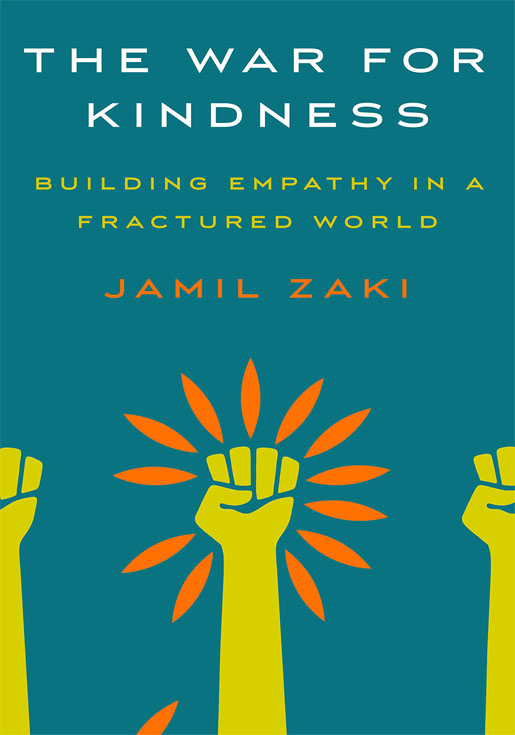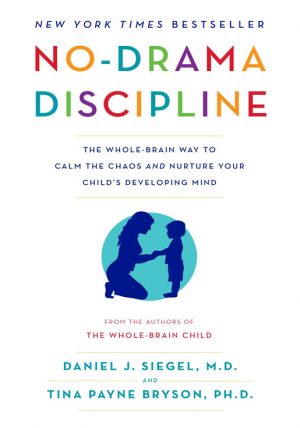Description
Empathy has been on people’s mind a lot lately. Philosophers, evolutionary scientists and indeed former President Obama agree that an increase in empathy could advance us beyond the hatred, violence and polarization in which the world seems caught. Others disagree, arguing it is easiest to empathize with people who look, talk or think like us. As a result, empathy can inspire nepotism, racism and worse.
Having studied the neuroscience and psychology of empathy for over a decade, Jamil Zaki thinks both sides of this debate have a point. Empathy is sometimes an engine for moral progress, and other times for moral failure. But Zaki also thinks that both sides are wrong about how empathy works.
Both scientists and non-scientists commonly argue that empathy is something that happens to you, sort of like an emotional knee-jerk reflex. Second, they believe it happens more to some people than others. This lines people up along a spectrum, with deep empaths on one end and psychopaths on the other. What’s more, wherever we are on that spectrum, we’re stuck there.










